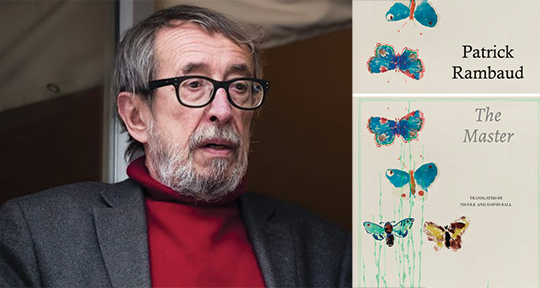Jente Posthuma’s striking, moving novel, What I’d Rather Not Think About, delves into the aftermath of an unthinkable loss: the death of a twin. In tracing the patchworked life of a narrator who has long thought of herself as one-half, Posthuma explores the complexities of our most intimate relationships with evocative reflection and unexpected humor. This distinct work and our July Book Club selection has been translated beautifully by Sarah Timmer Harvey, resulting in razor-sharp prose that navigates the most intricate aspects of our selfhoods—how we are with one another. In this following interview, Harvey speaks about her discovery of this novel and her translation process, as well as the intricate journey of following this book’s many thought-paths and references.
The Asymptote Book Club aspires to bring the best in translated fiction every month to readers around the world. You can sign up to receive next month’s selection on our website for as little as USD20 per book; once you’re a member, join our Facebook group for exclusive book club discussions and receive invitations to our members-only Zoom interviews with the author or the translator of each title.
Daljinder Johal (DJ): I’m curious about your background and your journey into translation. I read that you’re Australian-born but ended up living in the Netherlands, where you began reading and occasionally translating Dutch fiction and poetry. Was there a particular work that played a significant role in sparking this interest?
Sarah Timmer Harvey (STH): Of course. Back then, while learning Dutch, I relocated to the Netherlands at nineteen with the intention of staying for a year. That single year evolved into a fourteen-year stay. During this time, I was working at a university, which eventually led me to translation as a second career. It happened somewhat unexpectedly. I strove to read while learning Dutch, focusing on more accessible books such as Hermann Koch’s The Dinner and even Harry Mulisch’s The Discovery of Heaven—which, while not mainstream, deeply resonated with me.


